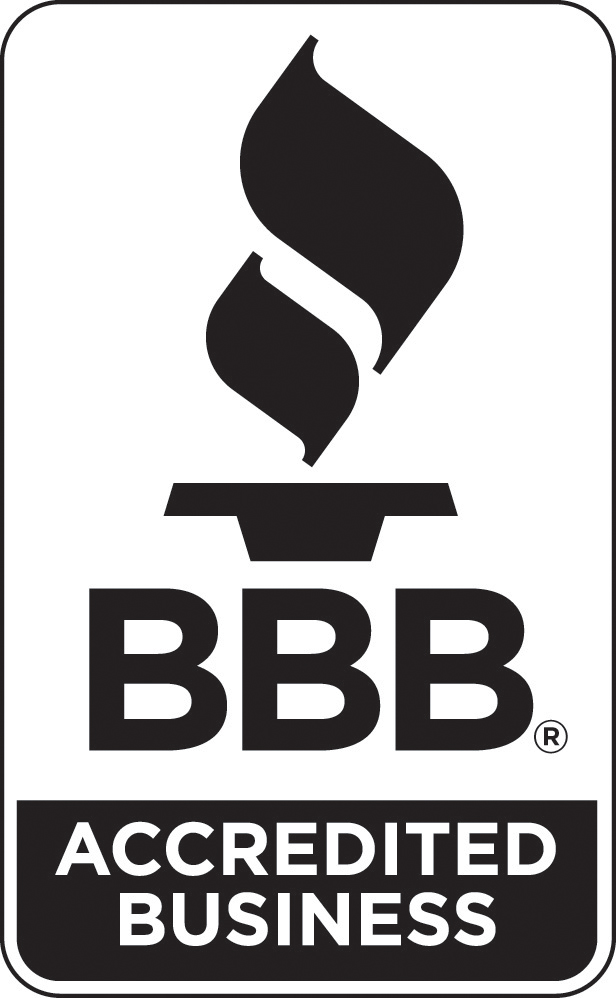8 Tips For Peak-Season Freight Shipping
.jpg)
When do you start thinking about the holiday season?
If you’re a retail shipper or carrier, your answer is likely earlier than most people. When you’re planning for freight peak season, you might even start thinking about the holidays just a few months after they’ve ended.
Luckily, holiday freight shipping doesn’t have to be stressful. Put your mind at ease with these tips for peak-season freight shipping.

1. Plan ahead
Shipping peak season freight is all about timing, and early is often the best option. Carriers typically have cut-off dates, and winter weather can make conditions and delivery times unpredictable. Shippers will want to have a buffer of at least a few weeks. Fuel surcharges also rise during peak season, and shipping early can help you avoid these fees.
To ship early, you’ll need to have data from the previous year—and the more years the better. Historical data around orders and shipment times from previous years helps you predict how much inventory you’ll need to ship to various locations. When you know that, you can start planning even as early as January or February before freight peak season begins in August.
2. Stagger shipments
Shipping different products at different times can be more efficient than shipping everything at once. Shippers may need to use more expensive freight options for products that are high-priority or perishable and need to get there faster. For products that don’t need to arrive as quickly, you can use more affordable modes or wait until off-peak freight delivery is an option.
Staggering shipments can also mean holding them at a warehouse, distribution center, or port until you have complete data on where they need to go. That way, you don’t end up with too much product in one place and not enough at another location.
3. Pool shipments
Shippers who send a lot of freight to the same customer, in the same location, should consider consolidating shipments to optimize efficiency. Waiting until you have a full truckload (TL), or leveraging volume freight, which is ideal for shipping pallets that take up too much space to qualify for less than truckload (LTL) but not enough for TL, could be more efficient.
What if you don’t have enough freight for TL? Flock Freight’s shared truckloads (STL) pool freight for shipping that’s faster and more reliable than traditional LTL or PTL modes. With STL, shippers don’t pay to ship air, and cargo arrives on time and damage-free. Carriers haul more—and earn more—per load.
Shippers can also leverage retail consolidation, a popular peak season freight strategy in which several suppliers work together to combine their shipments to a given retailer.
4. Use shipping insurance
Freight peak season increases the pressure on suppliers and carriers alike. Customer demand increases, driving up shipping volume. Freight may get lost or damaged. In our 2022 study OTIF fees are costing shippers $253,198 on average, with 86% of LTL shippers experiencing damaged freight.
Carriers’ liability limits won’t always cover the costs of lost or damaged freight. When risks increase, it’s worth it for shippers to protect freight with shipping insurance, especially for high-value, perishable, or otherwise time-sensitive products.
5. Leverage technology
Tech-driven freight shipping is always a shipper’s best friend, but especially during freight peak season. One commonly used tool is a transportation management system (TMS), which helps you plan your day-to-day operations, optimize your routes, track quotes and shipments, keep records, and generally improve your efficiency.
Load boards can also benefit both shippers and carriers. Shippers can easily post loads and quickly get their goods where they need to go. Carriers can find and book high-value loads and reduce deadhead miles. Flock Freight’s patented technology is even better than a load board, helping you make empowered business decisions and integrating with your TMS to streamline your workflow.
6. Lock in contracted rates
Higher prices during freight peak season are a simple matter of supply and demand: More shippers need space, which means carriers can increase their base rates and even charge premiums to guarantee delivery times and space. This is where building relationships can come in handy for shippers.
Locking in contracted rates with your freight providers prior to peak season can allow shippers to keep costs consistent even when the spot market price rises. With Flock Freight’s contract rates, you can secure dedicated capacity and save up to 20% per load.
7. Manage expectations
Both shippers and carriers can manage expectations for peak season freight. Shippers need to communicate with both their suppliers and customers. Let your suppliers know how much inventory you expect to need and when you need it. Keep your customers up to date on any delays and when to expect their shipments.
Carriers can help manage shippers’ expectations by being up-front about their capacity and resources. Let shippers know about rate changes, surcharges, fees, and any essential deadlines. And remember that it’s always better to overcommunicate about delays, overbooking, and closures.
8. Stay flexible

Even with all the right planning, obstacles are bound to arise during freight peak season. But it doesn’t have to be stressful—as long as you stay flexible. Shippers can choose longer transit times and more flexible shipping modes whenever possible. Plan early to capitalize on the best rates and deals. For example, if you can be flexible about your load size and delivery times, you may be able to get better rates from LTL carriers.
International shippers can also be flexible about their port of discharge. Avoiding crowded ports keeps your shipments moving, meaning you get more predictable delivery times, even if they’re longer. And remember: Delays during peak season are an unavoidable supply chain fact. If you’re prepared, they’re not the end of the world.
How Flock Freight can help in peak season and beyond
Flock Freight has solutions that can help carriers and shippers have a holly jolly holiday season. The Flock Platform helps carriers keep their trucks full and earn more per load. Carriers can bid and negotiate rates, receive customized suggestions, and book loads in seconds.
Flock Direct®, our guaranteed load-to-ride service for shippers, eliminates the hub-and-spoke model—shipping freight direct using the most appropriate mode, including shared truckload. Freight ships at a fraction of the cost of TL, with similar benefits. And it isn’t just for the holidays. In the next chapter, you’ll learn how to create a robust, year-round ecommerce shipping strategy.
.jpg)




